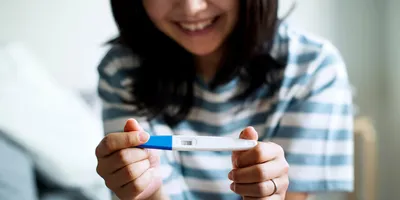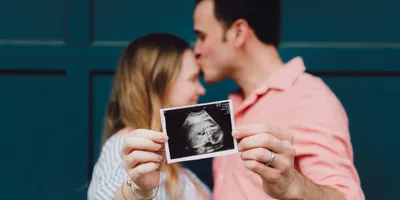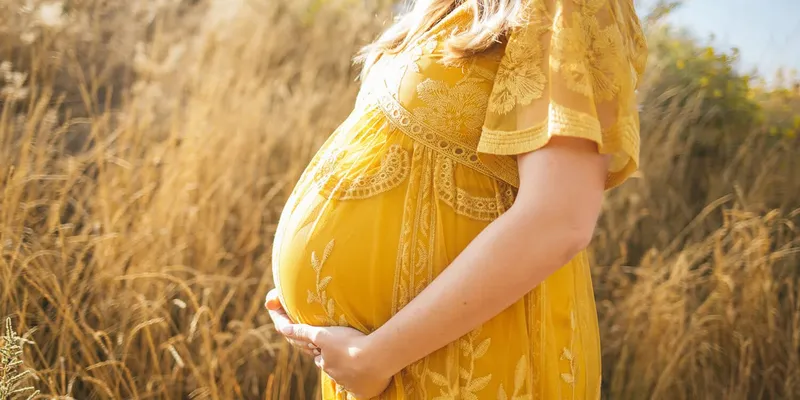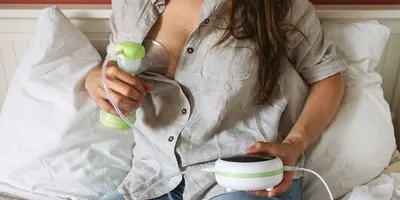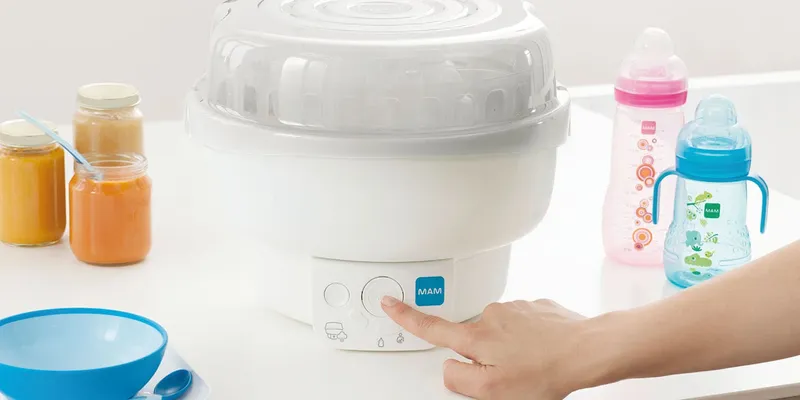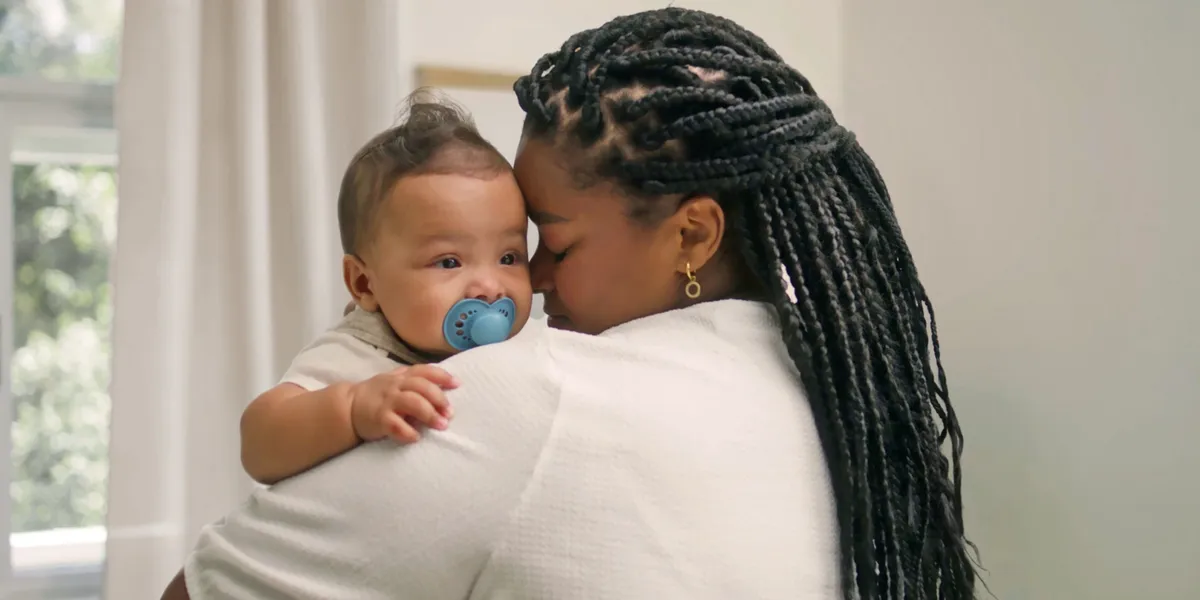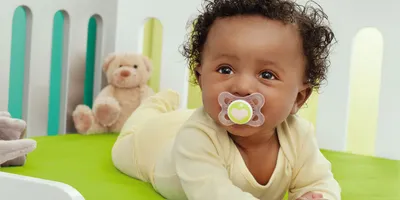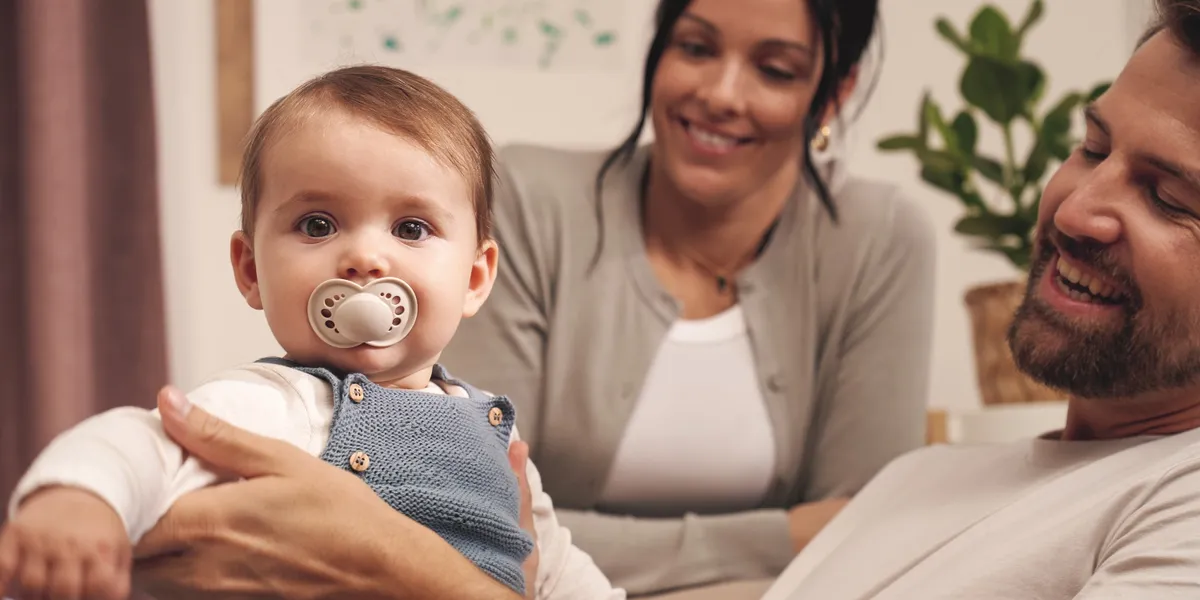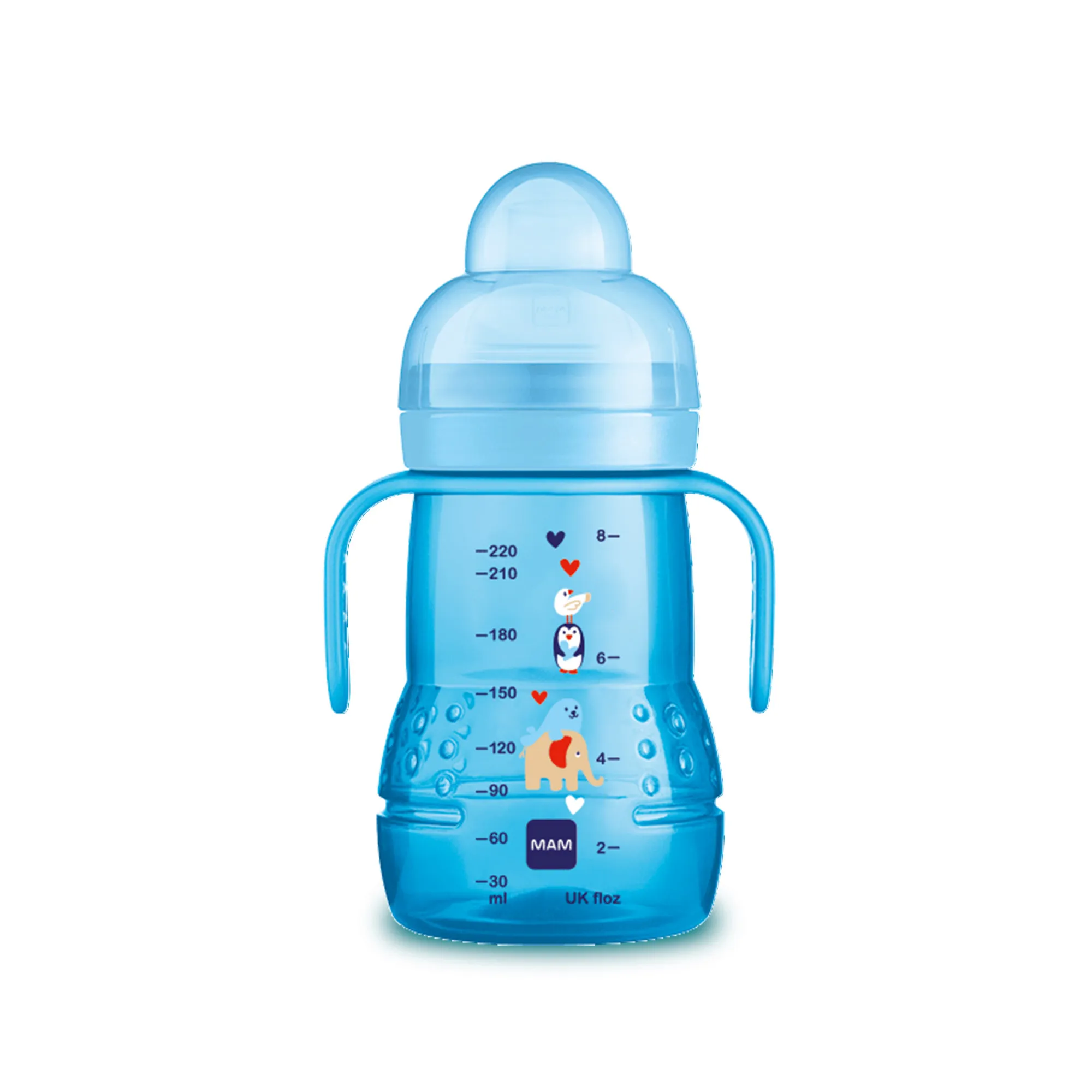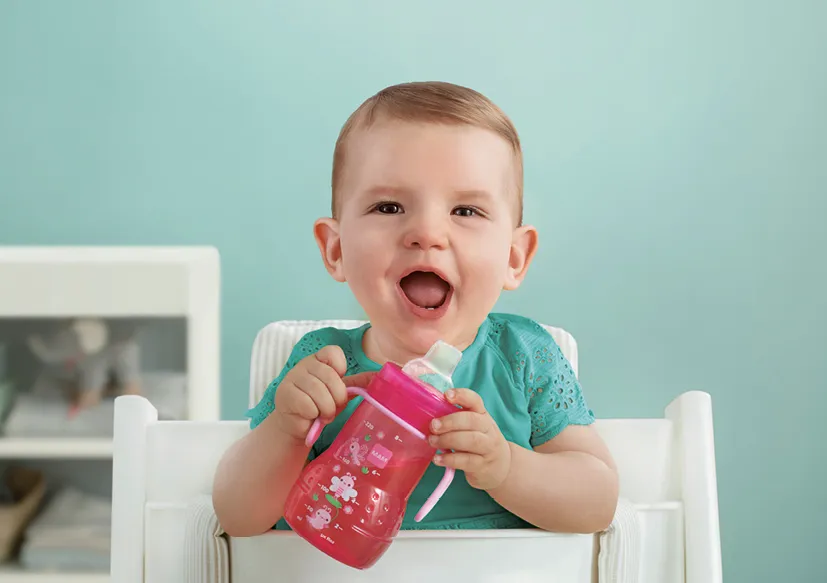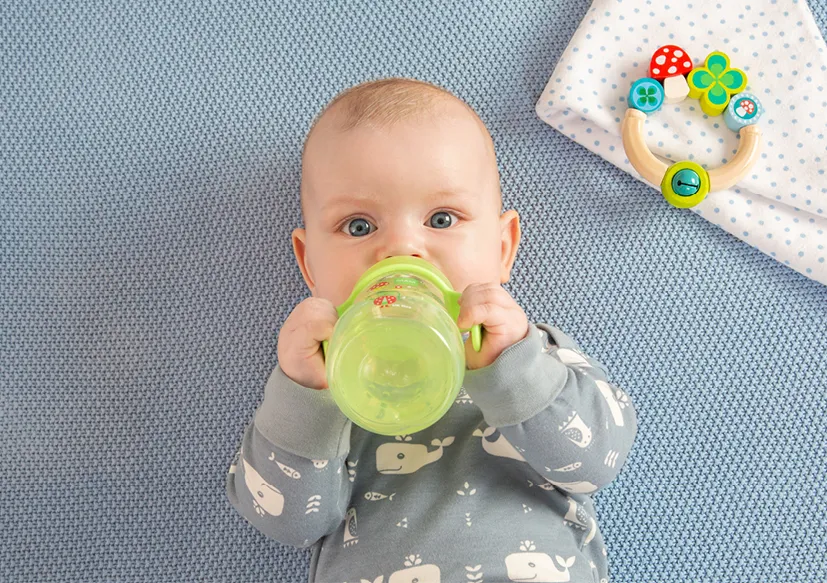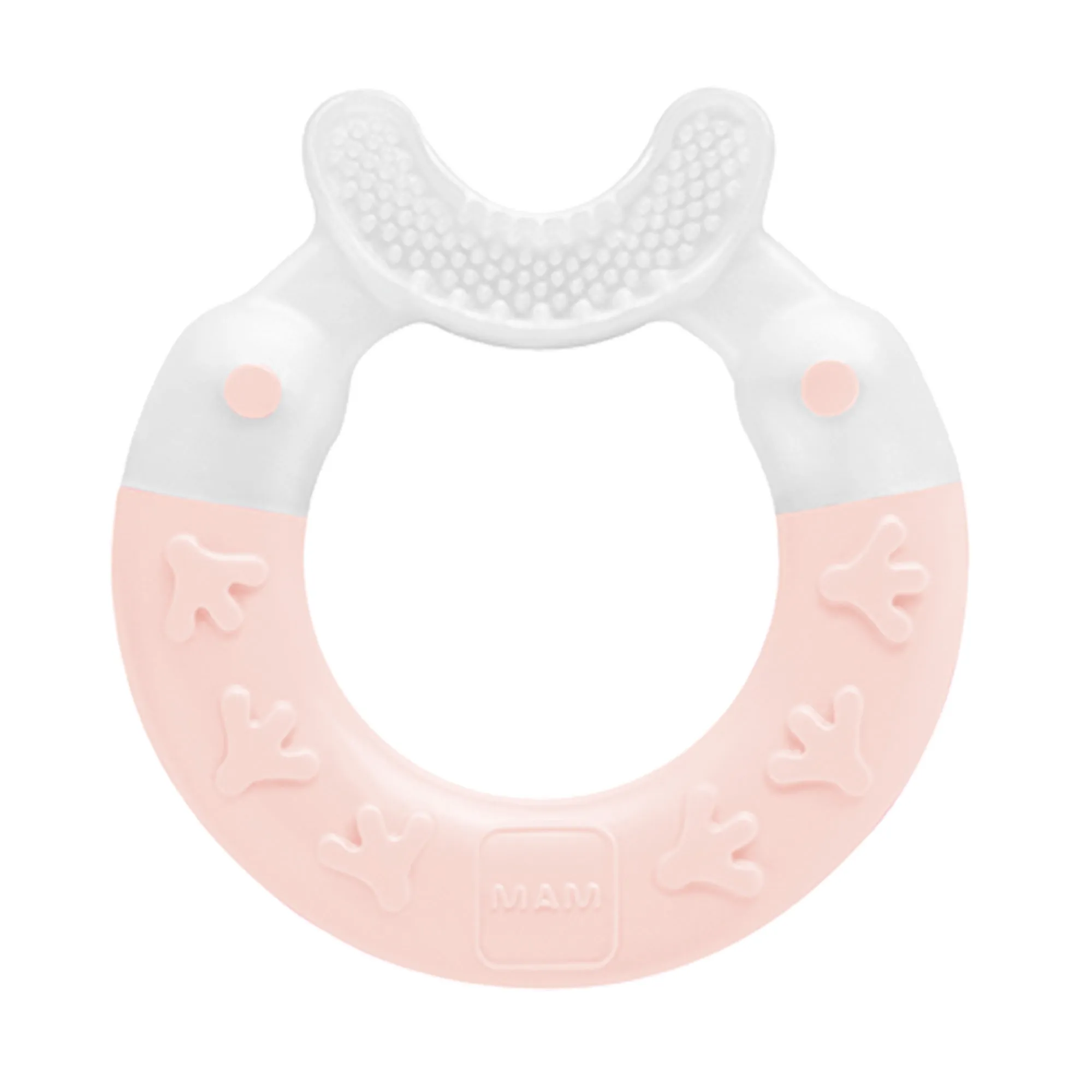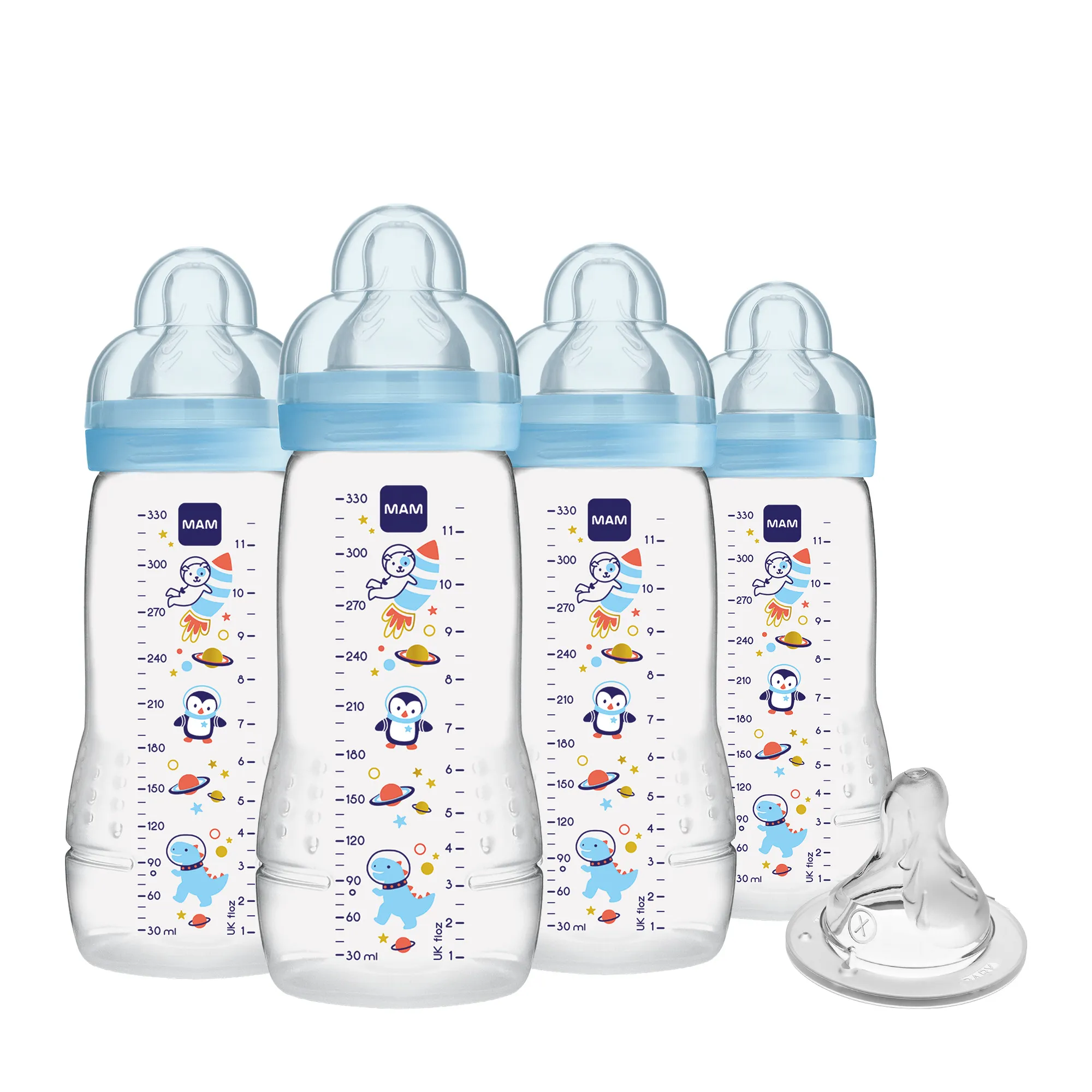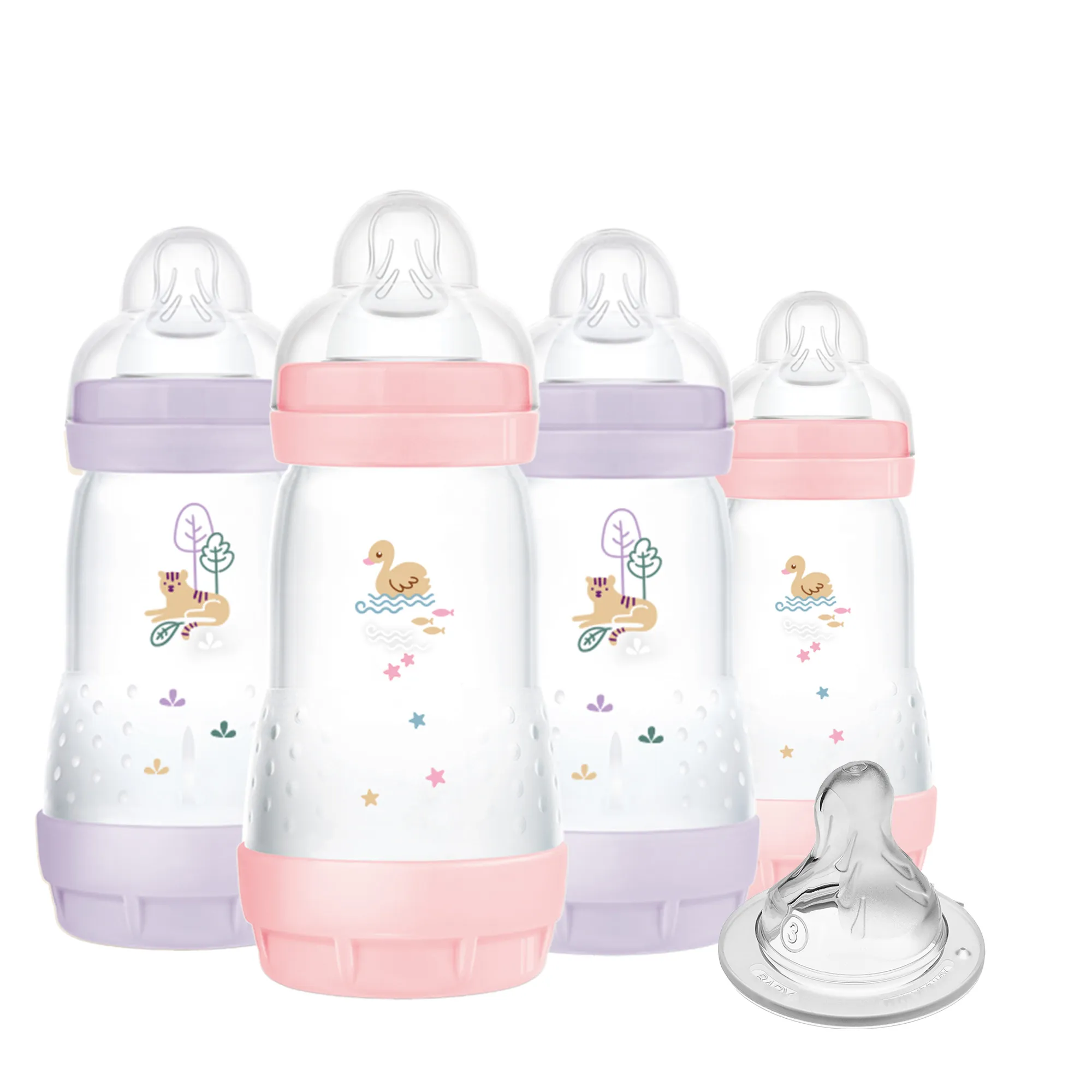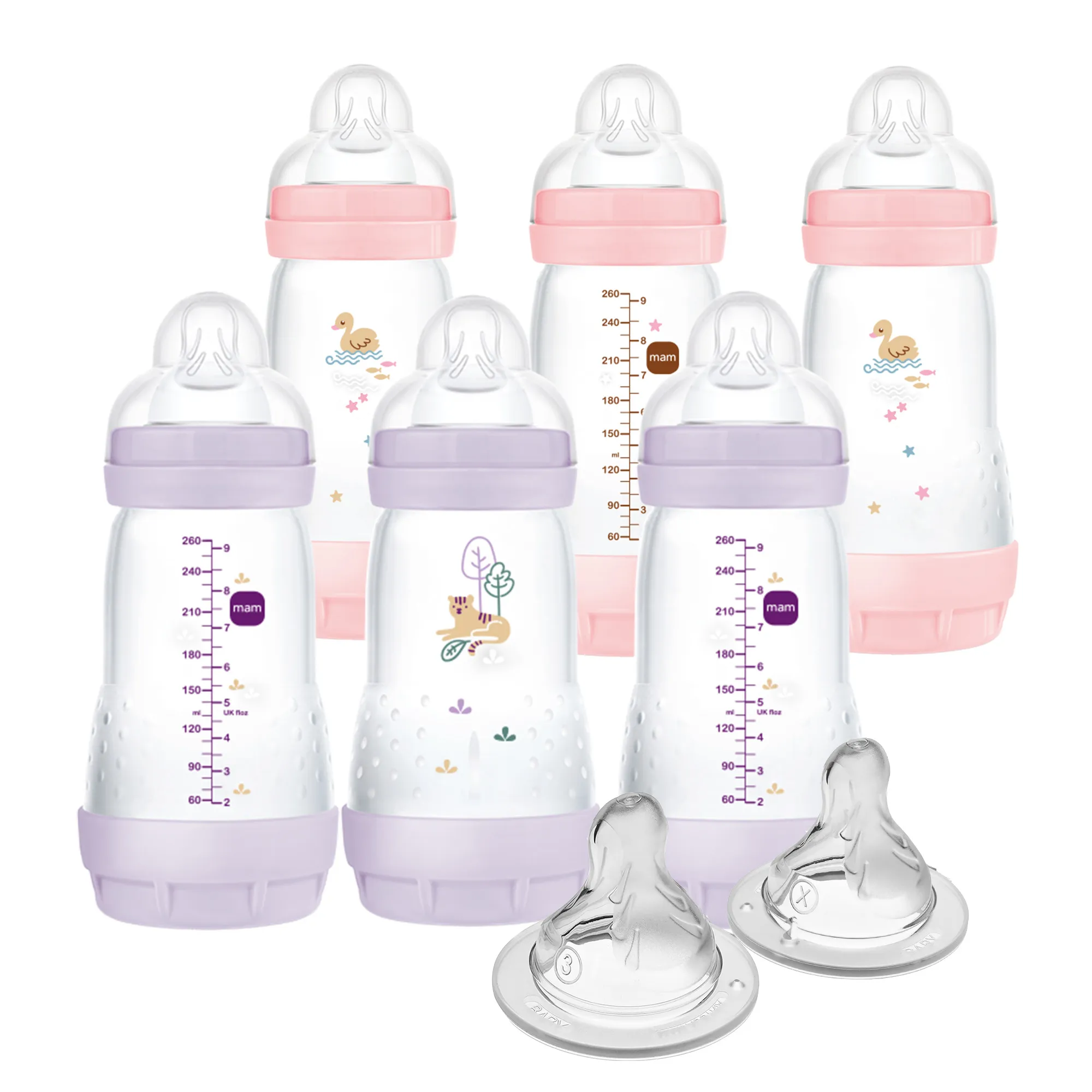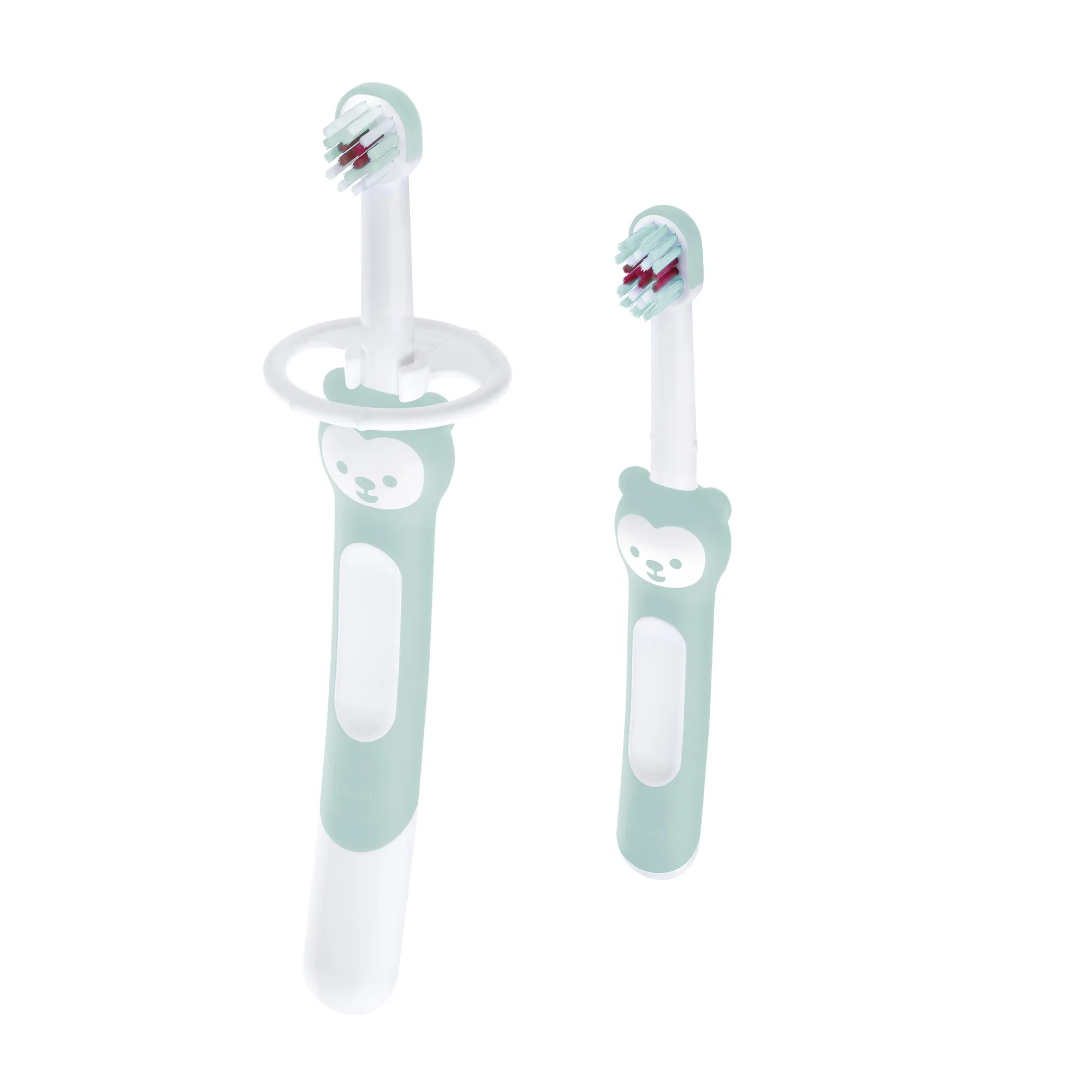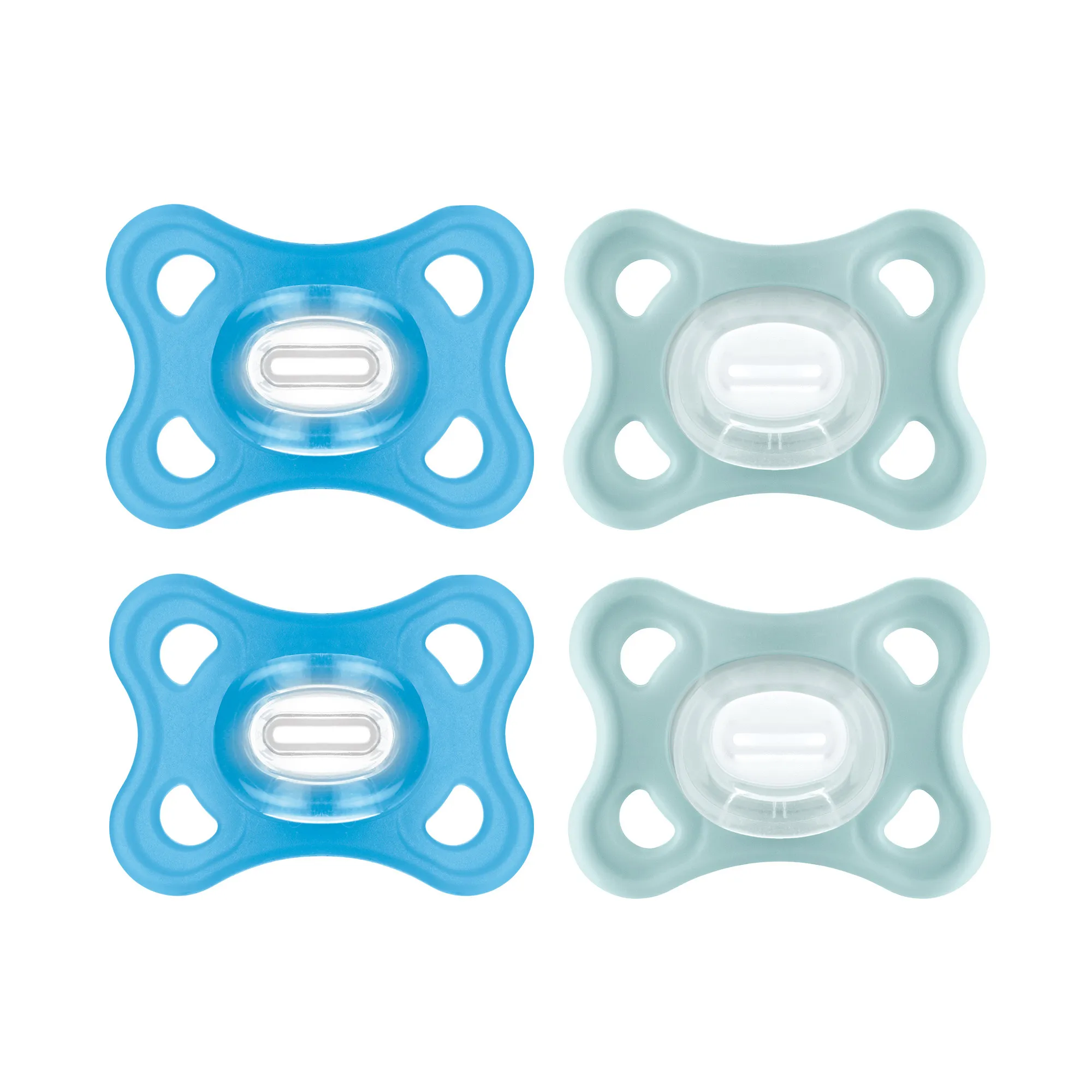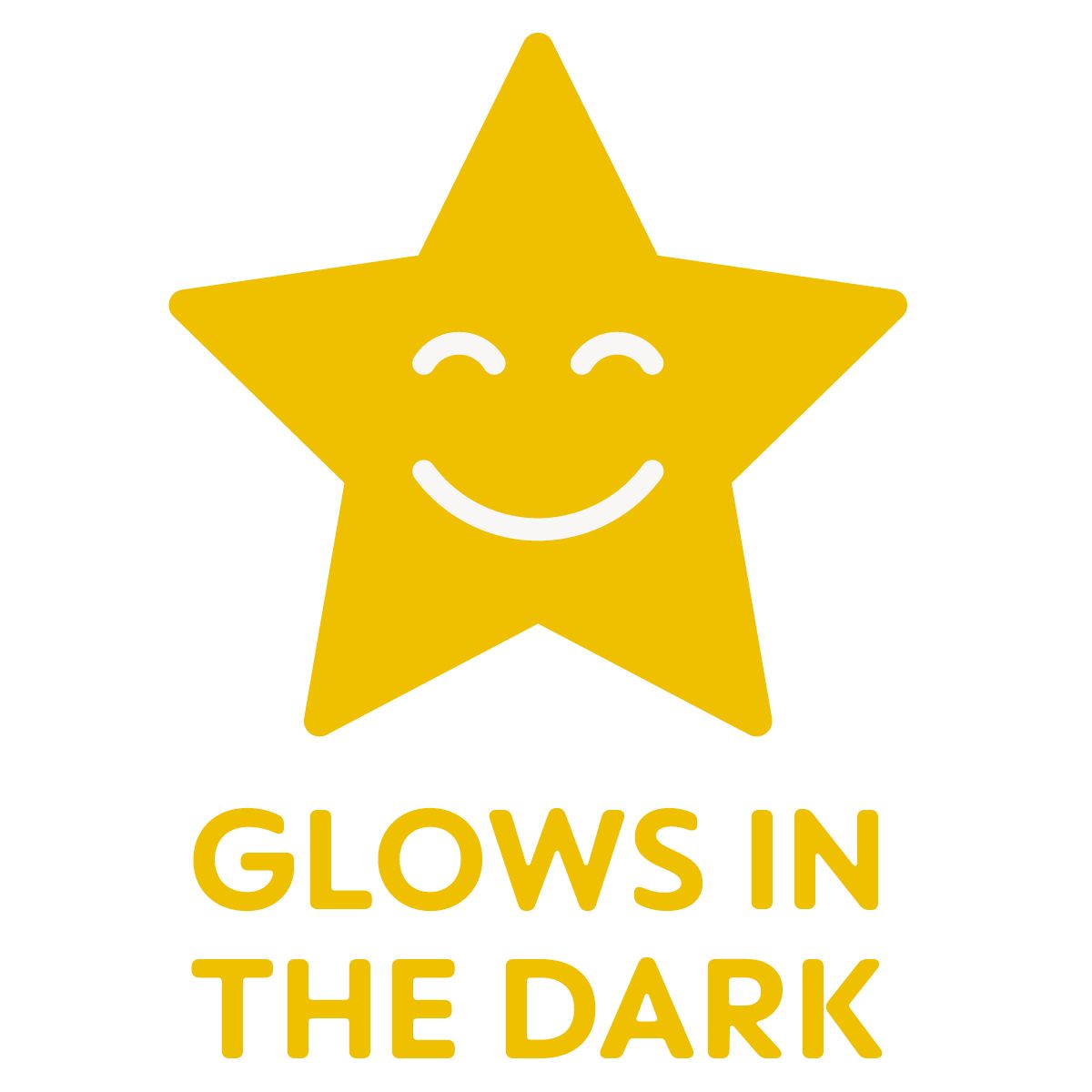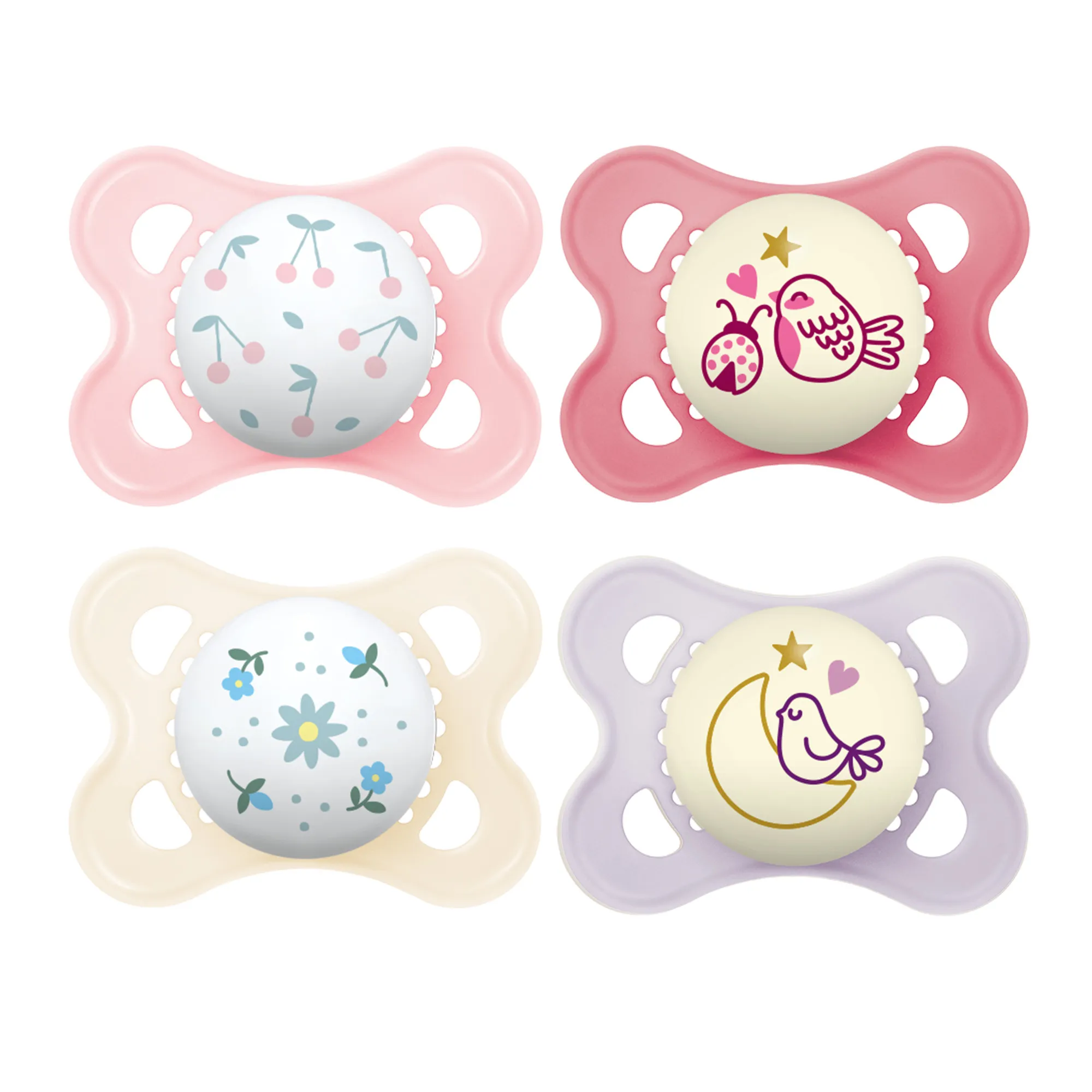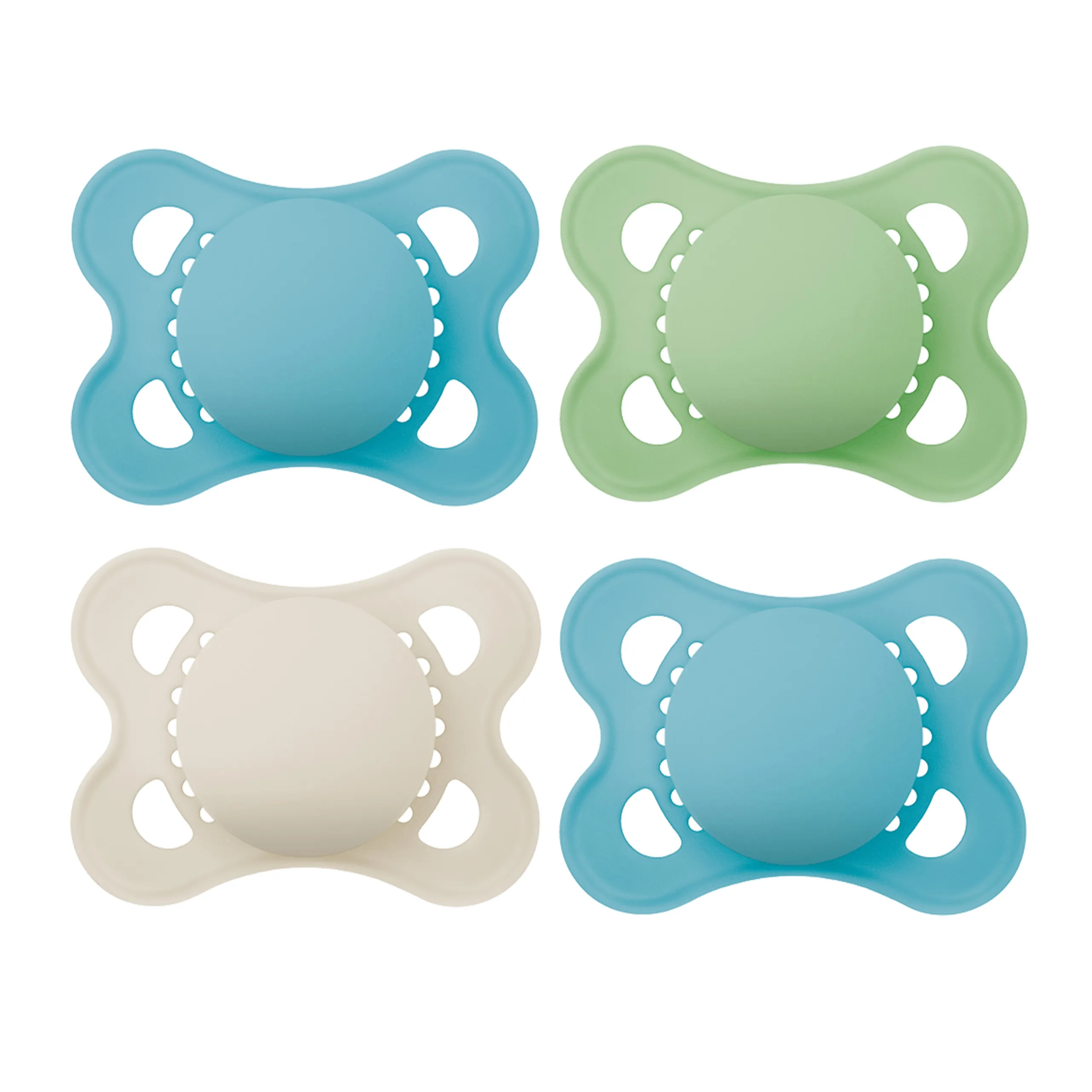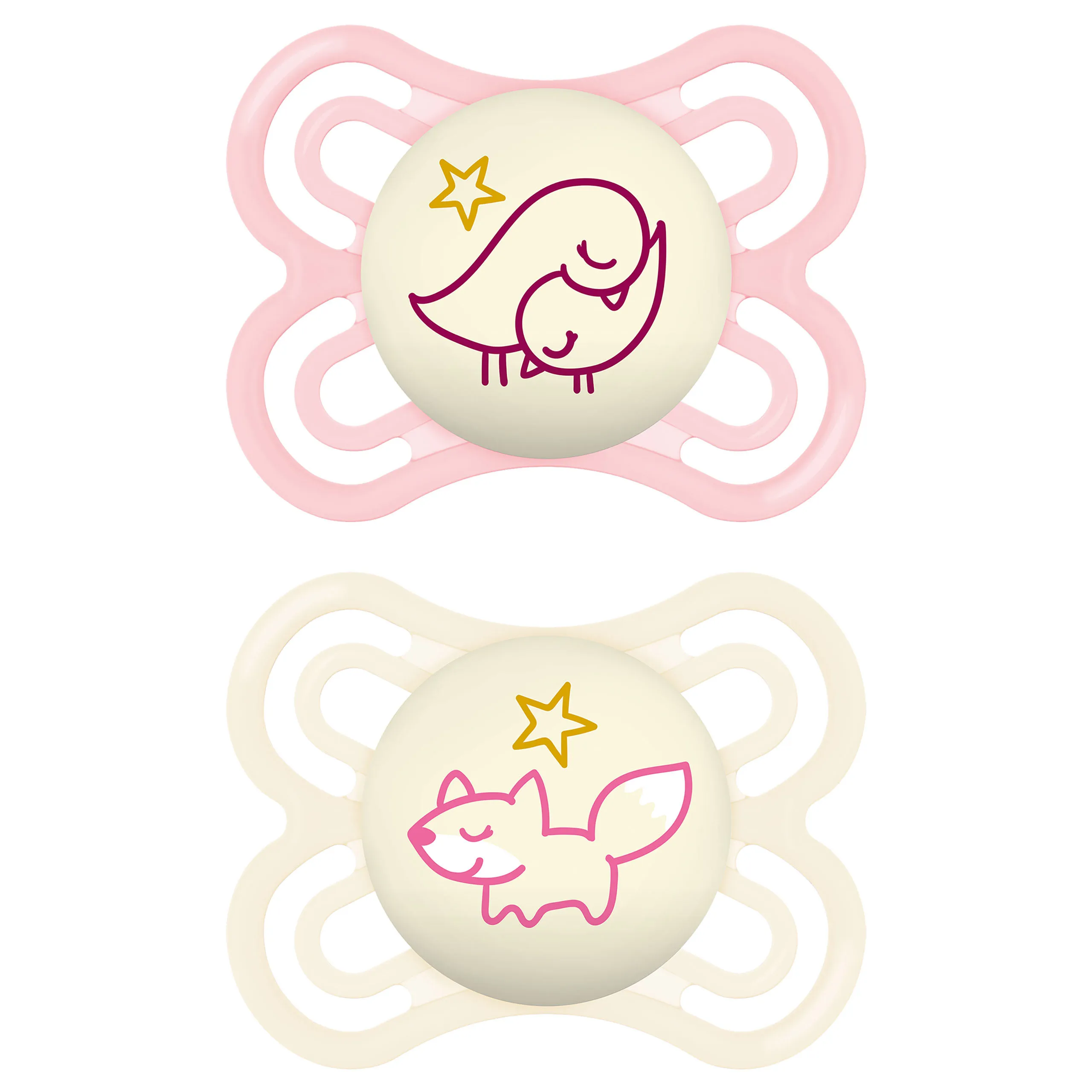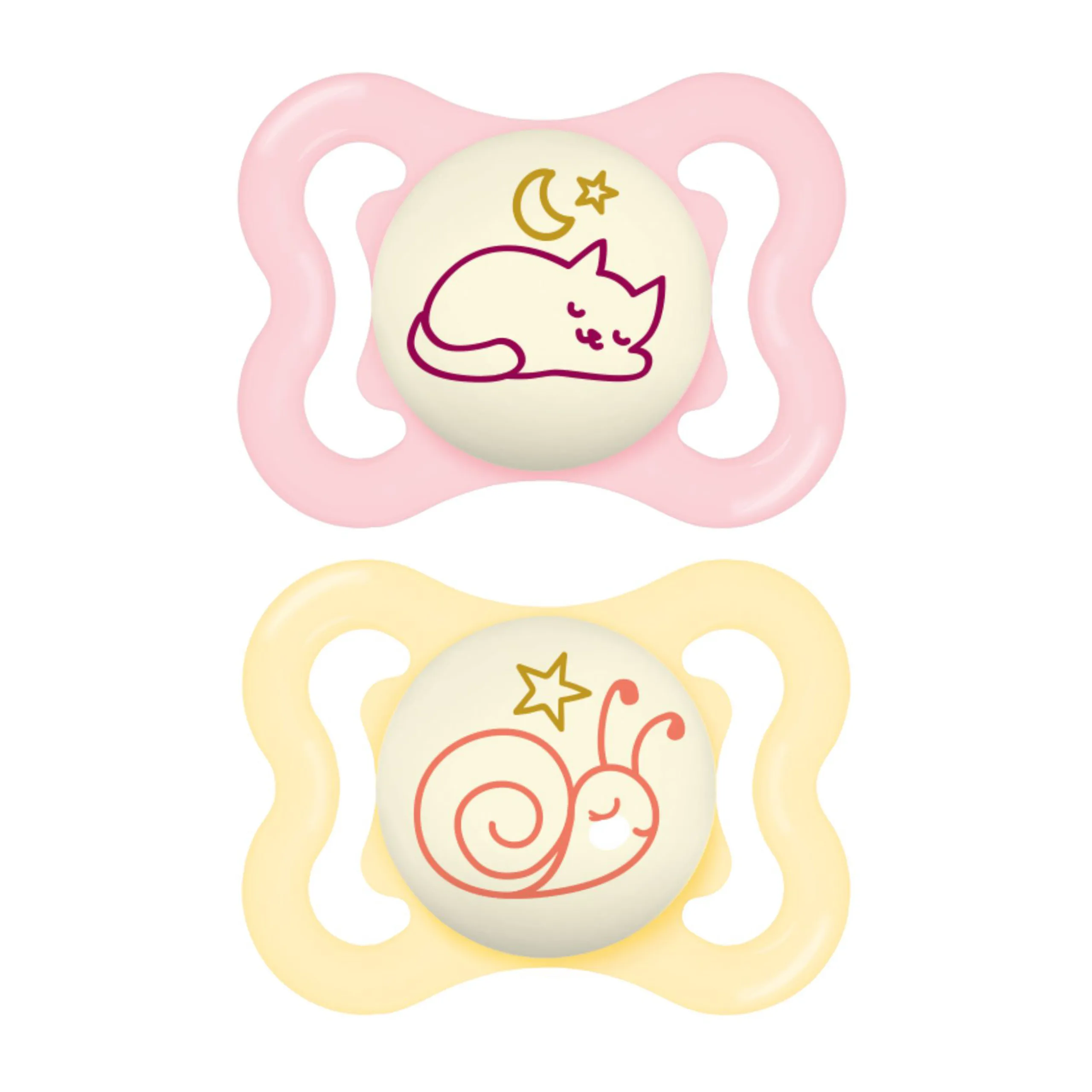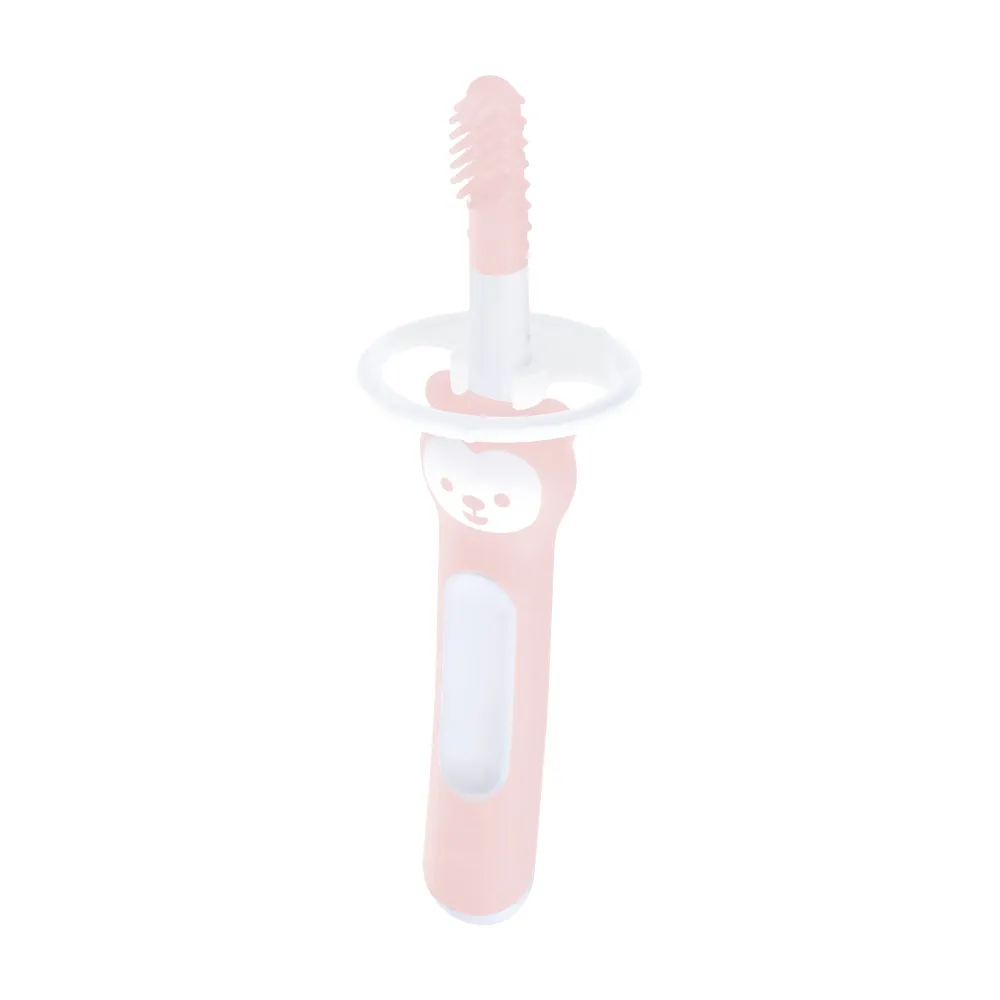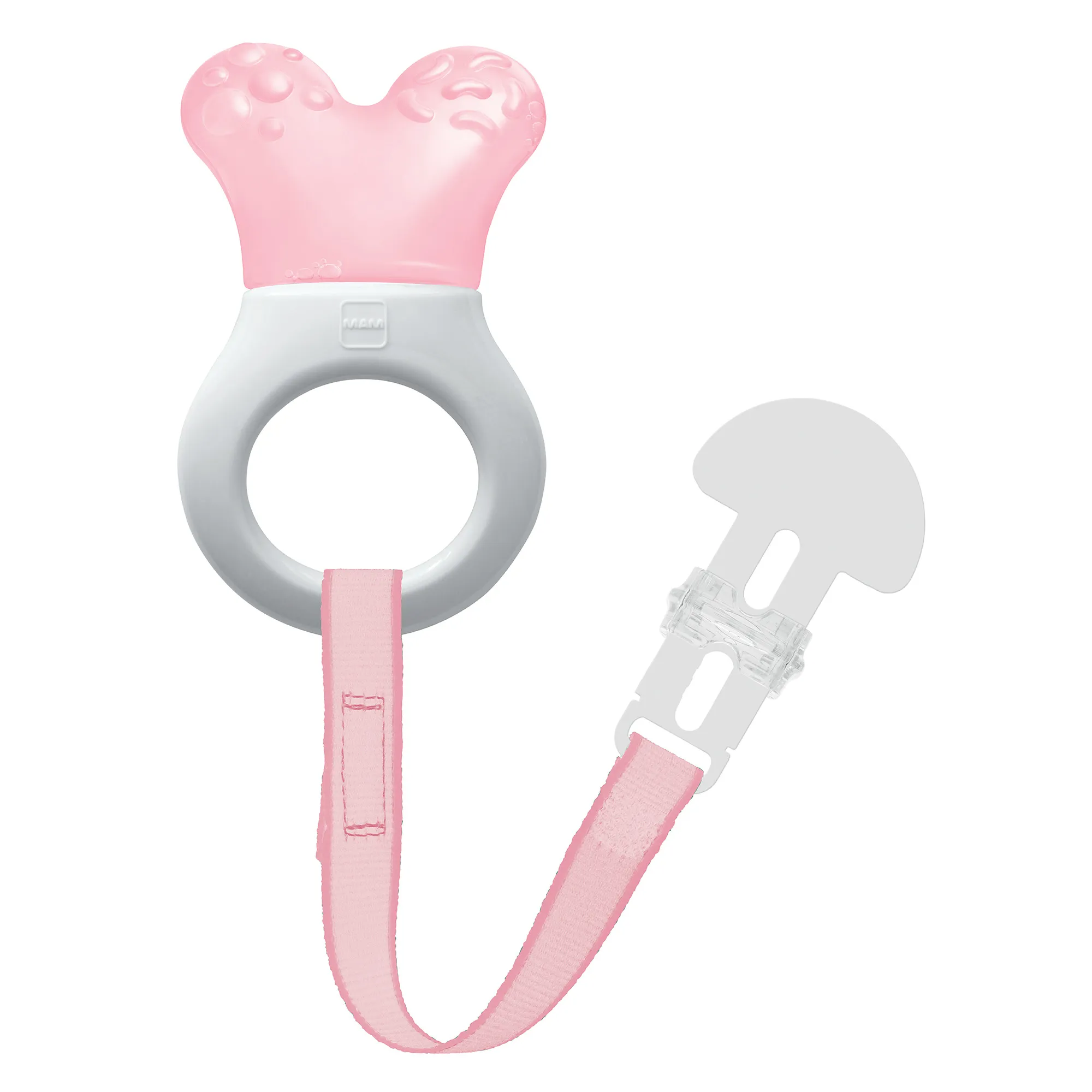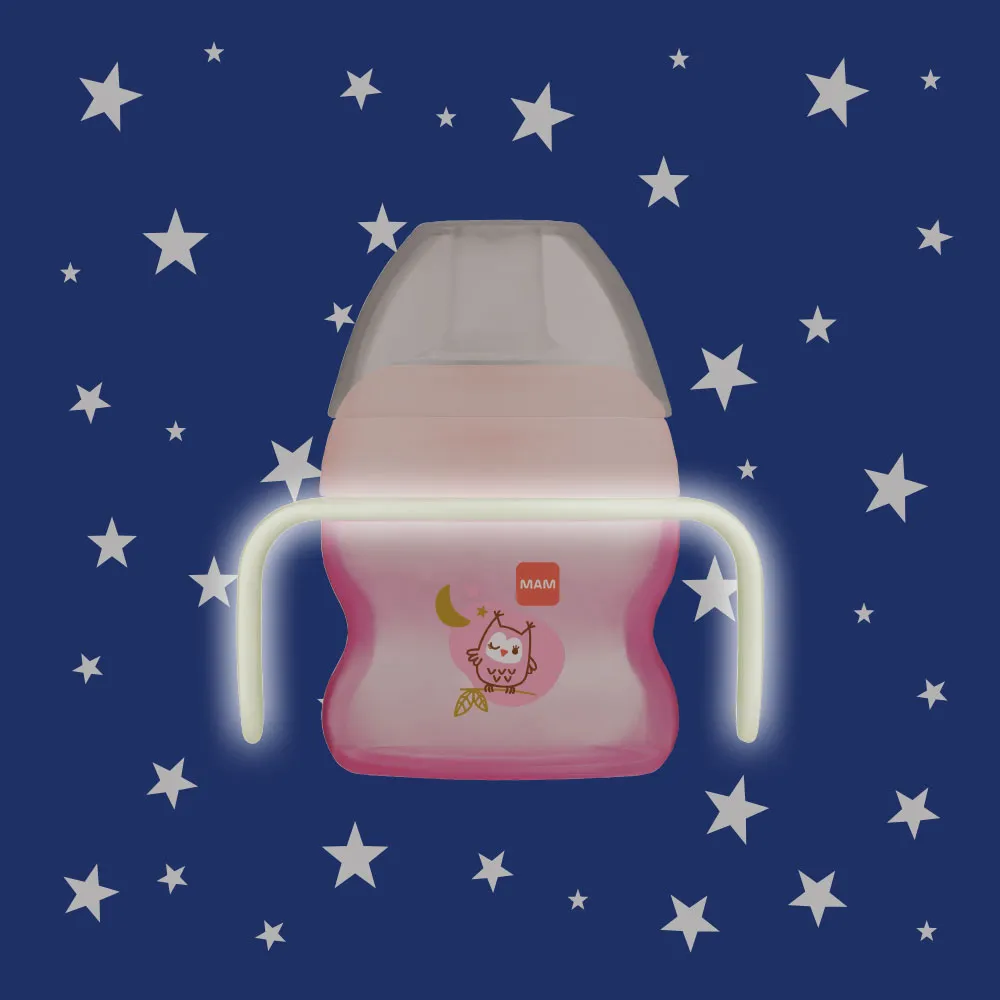Trainer+ 220ml Space Love
- 2 pasos para beber con independencia:
PASO 1 Tetina antiderrames: La tetina antiderrames con superficie de silicona SkinSoft facilita cambiar entre el pecho y el biberón o el Trainer+ y apoya los primeros intentos del bebé de beber por sí solo.
PASO 2 Boquilla extrasuave antiderrames: Con la boquilla extrasuave antiderrames, los bebés aprenden fácilmente la transición entre el pecho o el biberón y el vaso. - Para una transición fácil entre el pecho o el biberón al Trainer+ o el vaso
- Asas especialmente diseñadas para las pequeñas manos de los bebés
- Amplia abertura que facilita el llenado y la limpieza
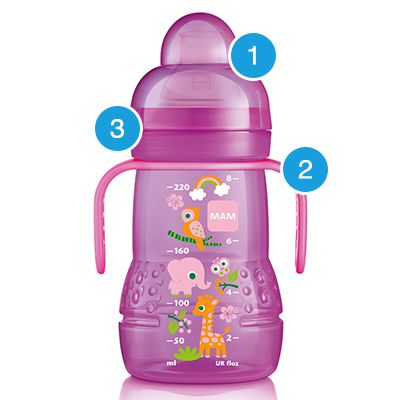
1. TAPA PROTECTORA
También funciona como taza de medida gracias a su escala integrada
2. ASAS
Diseño antideslizante, proporcionan un buen agarre en las manos del bebé
3. BOCA ANCHA
Fácil de llenar y limpiar
°Libres de BPA y BPS: Todos los biberones MAM están fabricados con materiales libres de BPS y BPA (libre de BPA de acuerdo con el Reglamento [UE] n.º 321/2011)
| Color: | Blue, Pink |
|---|---|
| Etapas de la vida: | 4+ meses |
| Material de la tetina: | Silicona |
| Size: | 220ml |
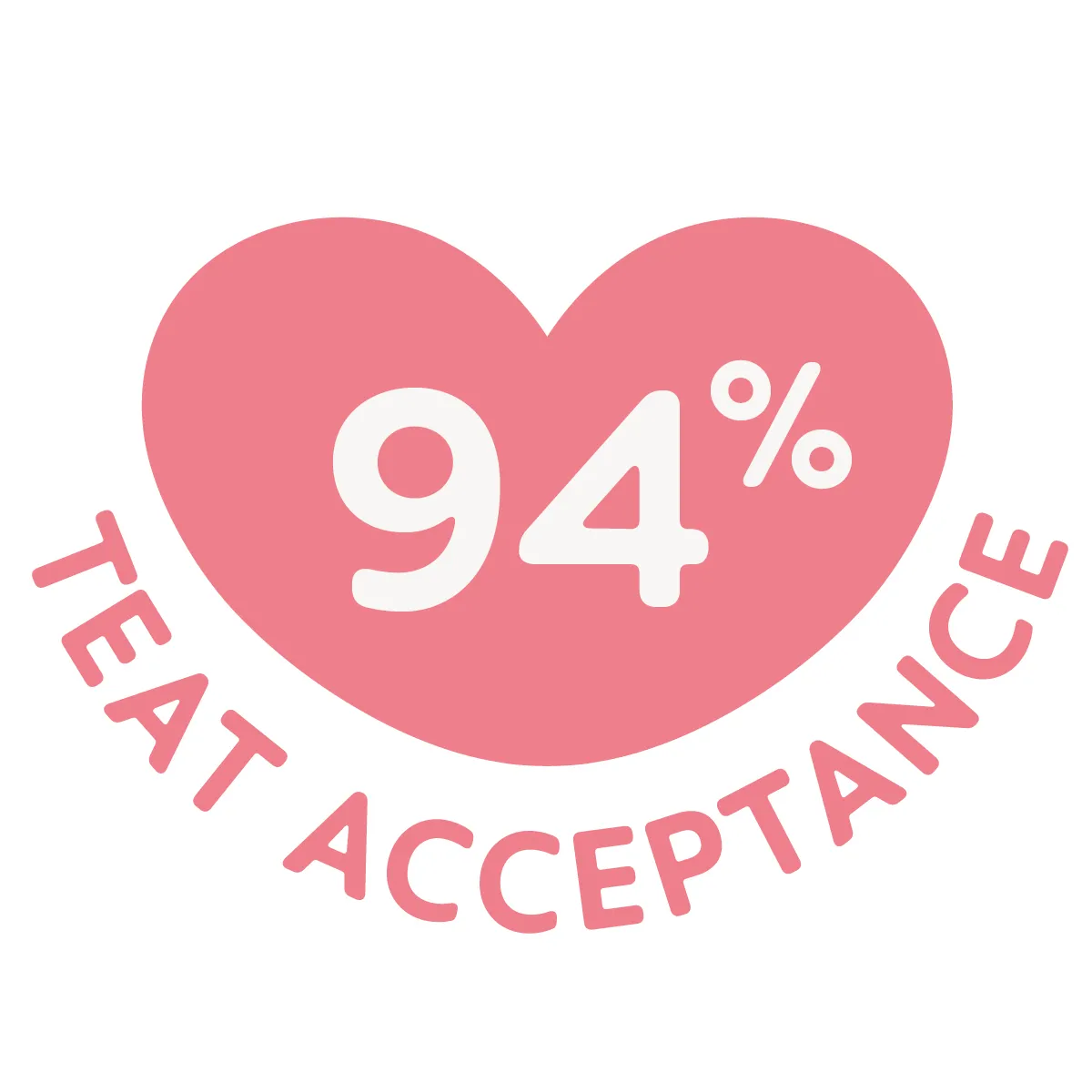
Aceptación de la tetina en un 94 %: los bebés la aceptan fácilmente por su sensación familiar
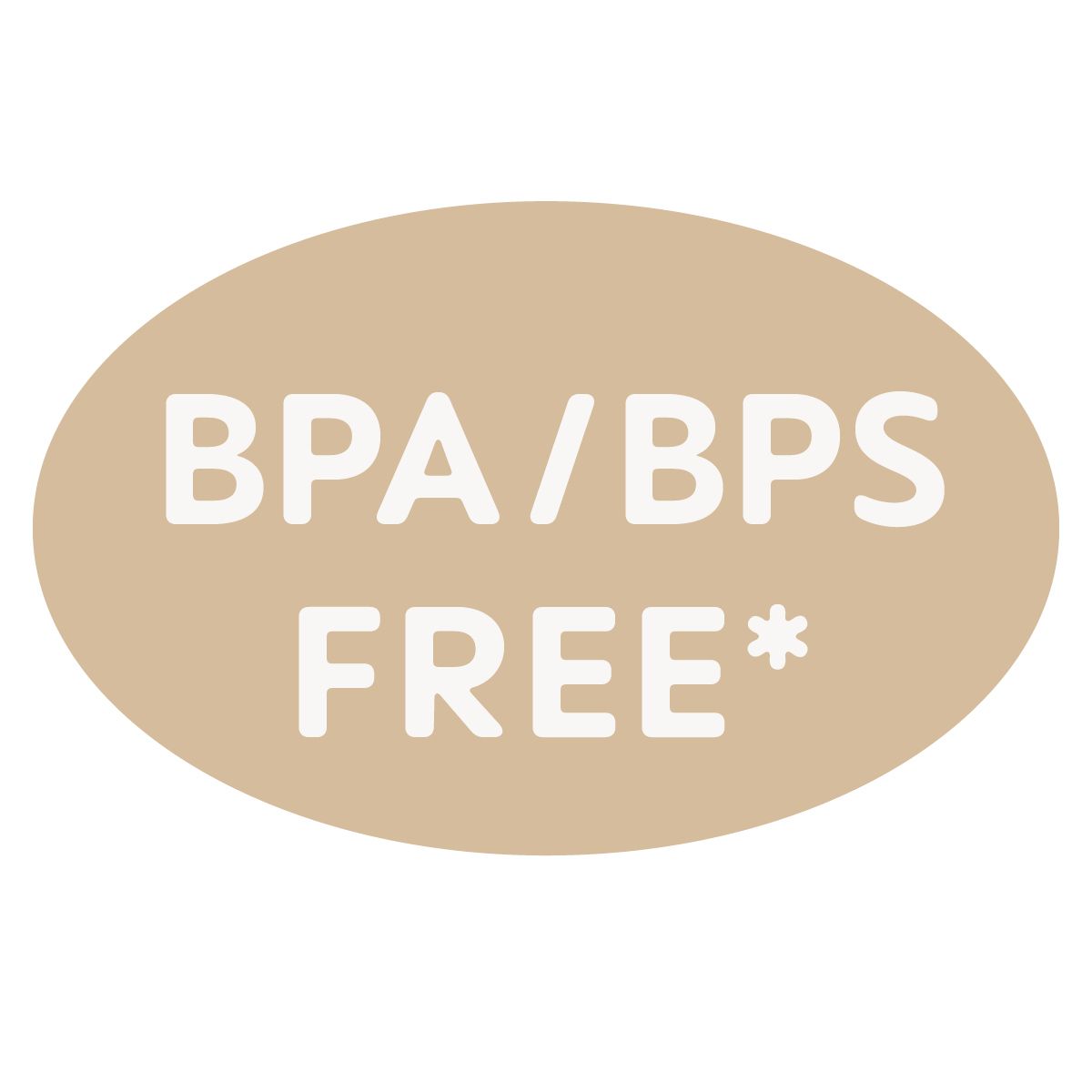
Todos los productos MAM están fabricados con materiales libres de BPA y BPS.
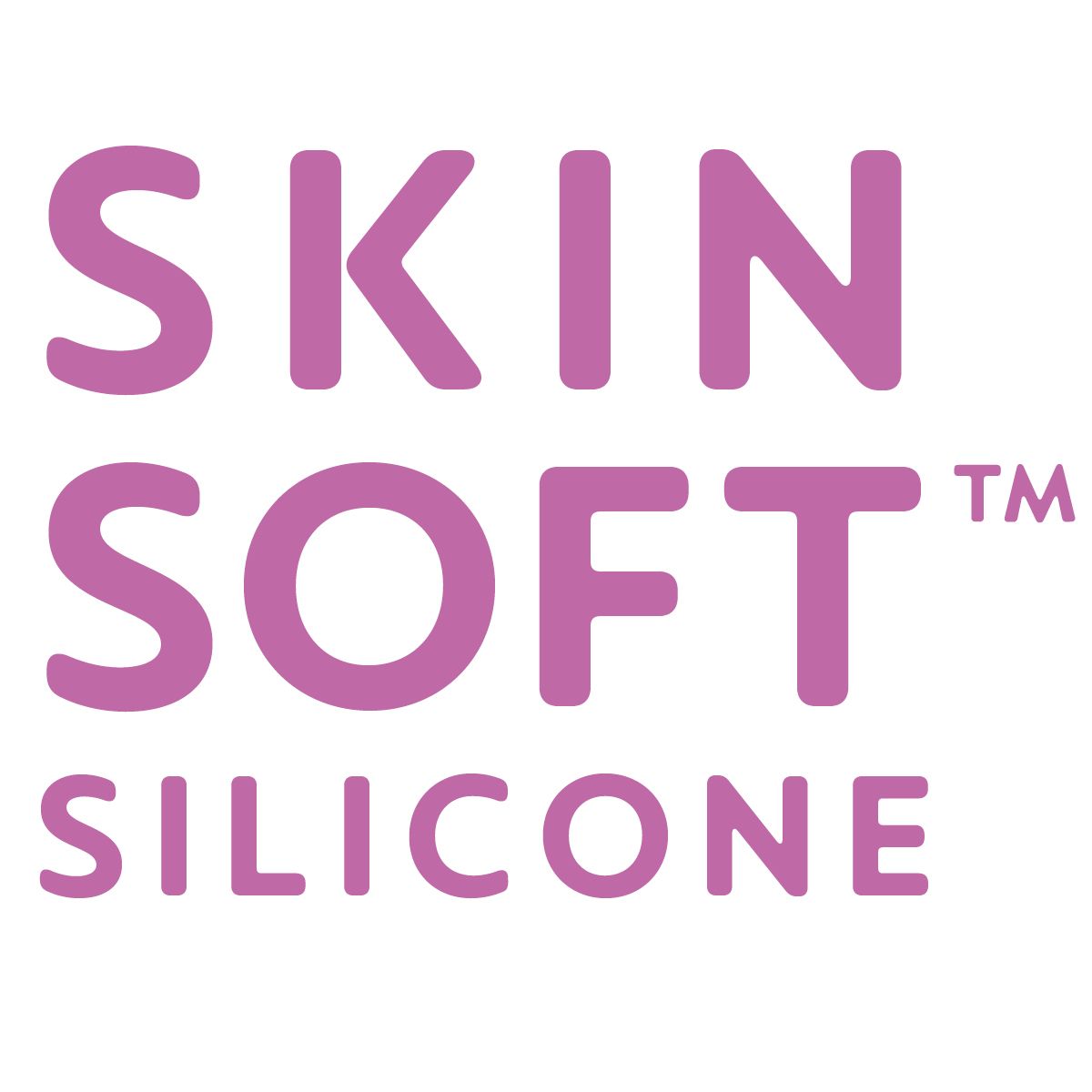
Silicona MAM SkinSoftTM: los bebés lo aceptan fácilmente por su sensación familiar
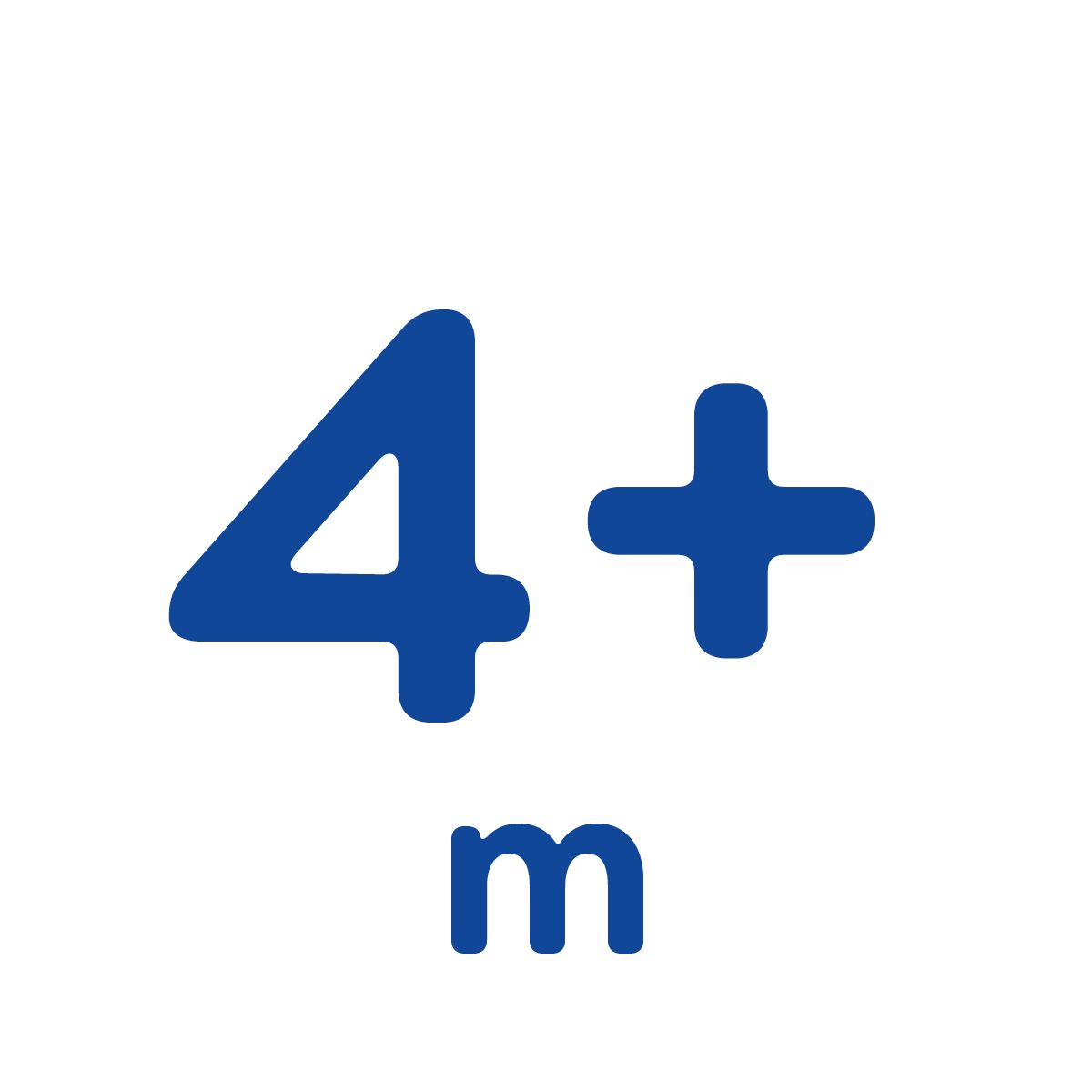
Para bebés de 4 meses
¹ Estudio de mercado 2009-2023, realizado con 1,808 bebés.
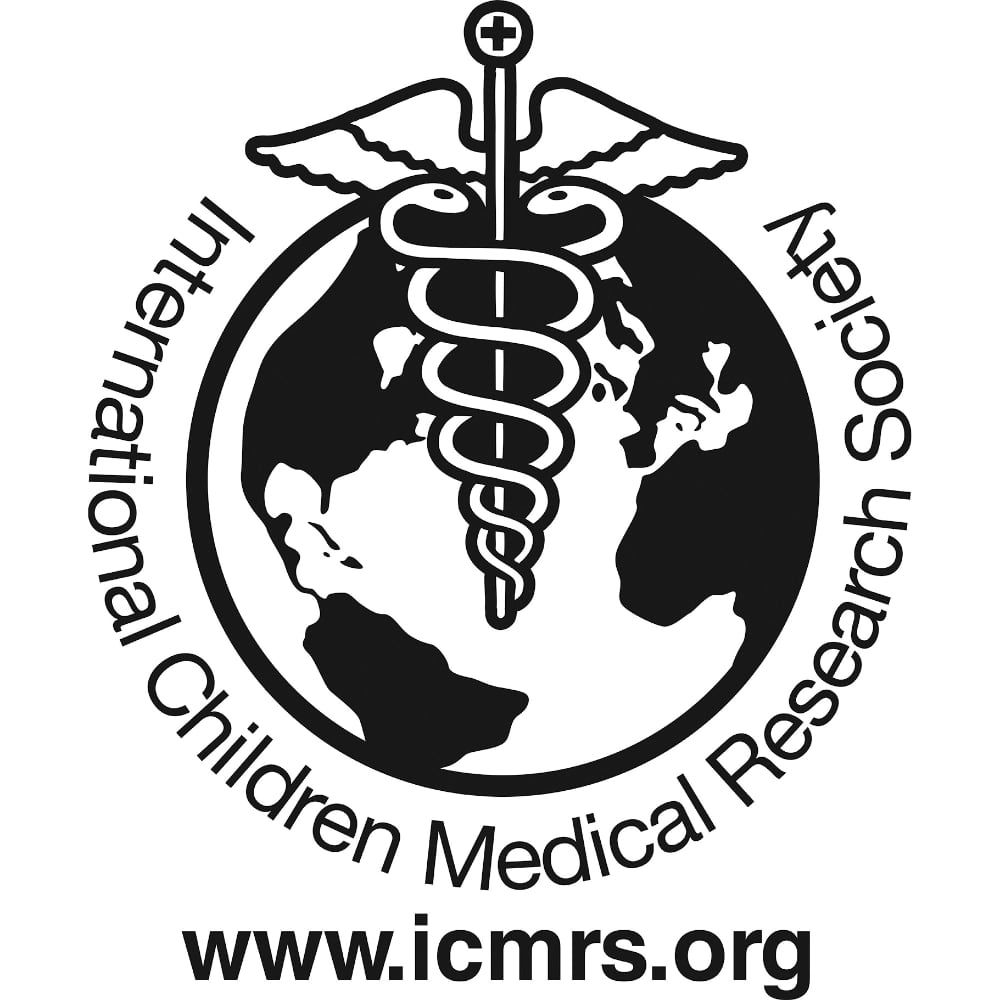
INNOVACIÓN DESARROLLADA CONJUNTAMENTE CON MÉDICOS
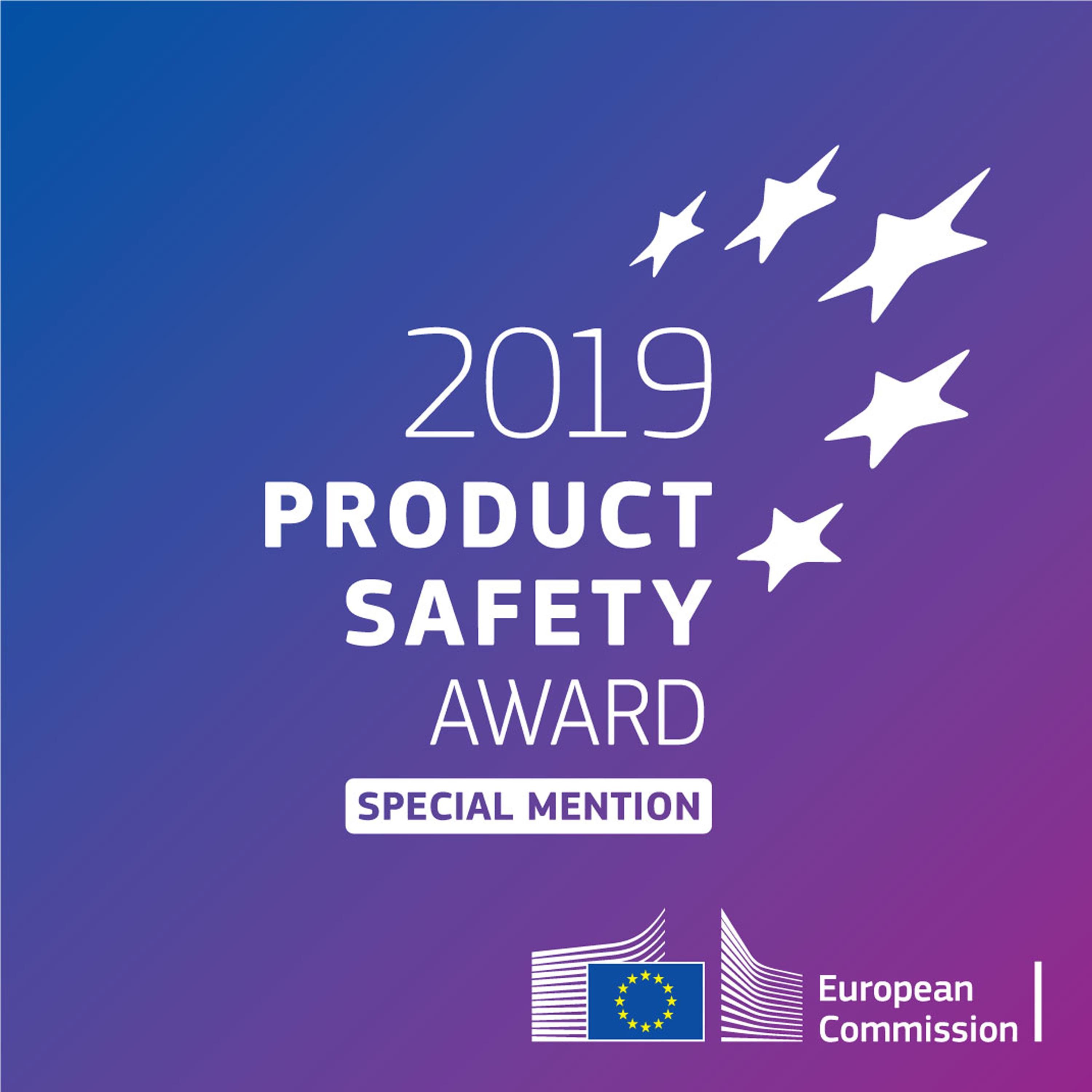
GALARDONADA CON EL PREMIO A LA SEGURIDAD DE PRODUCTO DE LA UE 2019
Four-month-old babies love drinking from a cup. The MAM Cup range provides them with the ideal support here. This will ensure that baby makes the perfect transition from breastfeeding or bottle feeding to independent drinking.
Bisphenol A (BPA) is an important component for the manufacturing of polycarbonate (PC), whereas Bisphenol S (BPS) is an organic chemical used to make polysulfone. Among other items, food packaging, plastic utensils and baby bottles are just a few examples of products made with PC, whereas the main usage of BPS is in thermal papers and inks. The problem: Trace amounts of chemical substances gradually leach out of the plastic into the food and might eventually get into the body. This can affect small children and infants in particular.
As a result of exposure to BPA, experts and studies have seen disruptions to the hormone system and brain, diabetes and heart damage as well as an increased risk of cancer. Although scientific evidence is not yet conclusive, the European Commission - based on the precautionary principle - has banned the usage of BPA in baby bottles in order to protect the health and safety of babies and small children.

